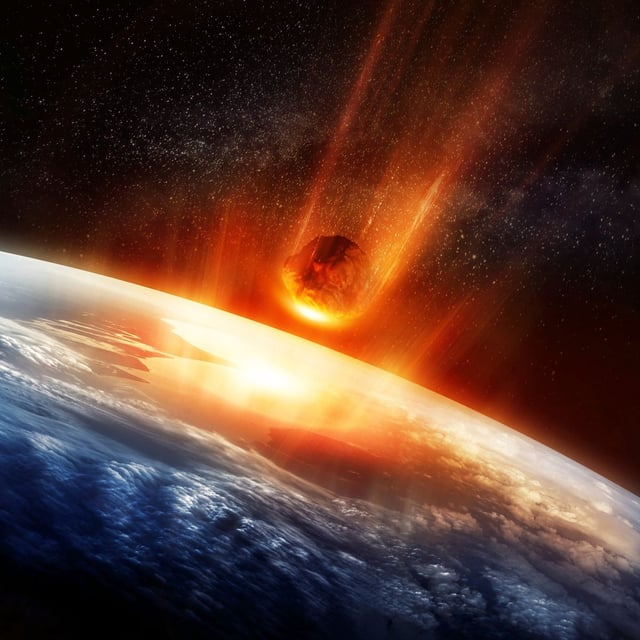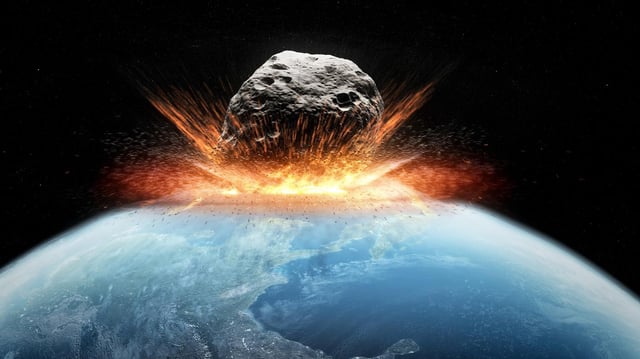Overview
- The S2 asteroid, significantly larger than the Chicxulub impactor, struck Earth 3.6 billion years ago.
- The impact caused prolonged tsunamis and intense heat, evaporating parts of the ocean's surface.
- Geochemical analysis of ancient rocks in South Africa reveals evidence of the asteroid's aftermath.
- The collision released phosphorus and iron, fostering a bloom of iron-metabolizing bacteria.
- Researchers suggest that such catastrophic events may have facilitated evolutionary advancements.


